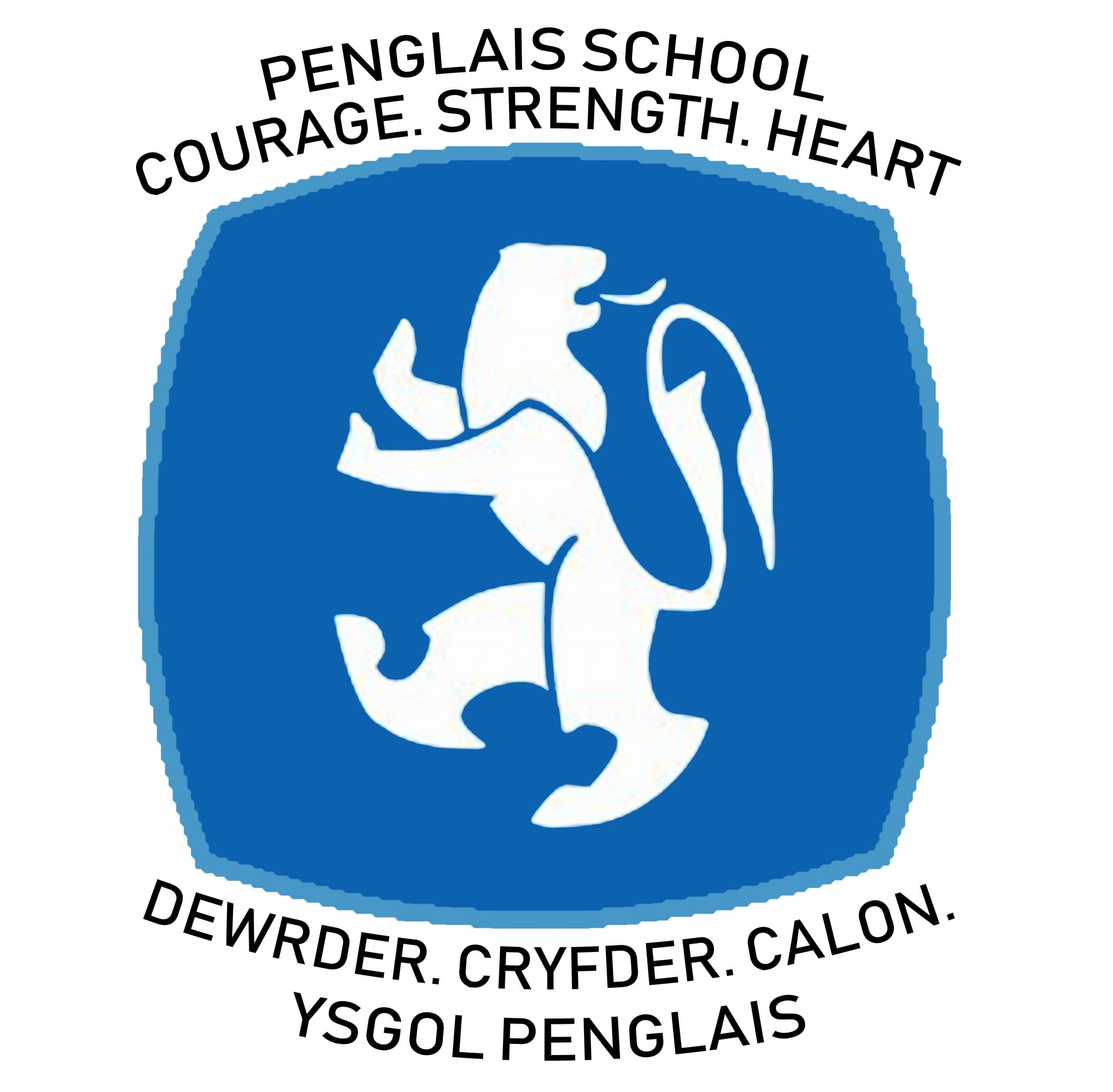Science and Digital Competency
Head of Faculty: Mr S. Jones
Overview
Children and young people today will have the opportunity to use Science and Digital Technology to explore, connect, create and learn in new and exciting ways in our interconnected world. Science and Digital Technology will become increasing relevant in providing opportunities for young people to make life choices in the future. Science is a driver for change in our society. It underpins innovation which affects everyone economically, culturally and environmentally. Digital technology is intertwined in our everyday lives but young people need to know the potential pitfalls and how to be safe and secure using digital technology. Science students become scientifically literate adults who can understand news reports, make informed choices about their diet of medical treatment and be able to engage with scientific and technological issues. They understand the implications of some choices that society must take, e.g. energy production and use of stem cells etc. It is an essential aim of science education to prepare students for vocations in Science, Technology, Engineering and Maths (STEM) professions.
Science and Digital Competence Faculty Aims
Engagement
The Science and Digital Competence Faculty aims to provide a stimulating learning environment where all students enjoy the subjects, have a positive attitude and are motivated to learn.
Teaching
To make full use of educational research, pedagogy and professional collaboration which leads to the best outcomes for all students. Teachers using restorative language with students to build positive relationships for learning.
Learning
To develop students who are critical thinkers, problem solvers, investigators, curious about the world and can work in a team. To equip students with the skills and knowledge to participate in a diverse, changing and interconnected world.
Leadership
To support leaders in developing teaching and learning and student outcomes in their subject areas. To provide opportunities for students to contribute to decision making about their learning and for students to aspire to roles in the wider Science and Technology community.
Results
Consistently high expectations of students and staff leading to every student achieving their best at all levels.
Biology
Subject Leader: Ms K. Edwards
Contact Email: kae@penglais.org.uk
Most KS4 students follow the WJEC Science Double Award syllabus.
Some KS4 students follow the WJEC Biology syllabus.
KS5 students follow the WJEC Biology A level syllabus.
All courses involve a mixture of theory and practical work (e.g. microscope work and experiments).
Click here for our Curriculum Booklets.
Useful Links:
https://www.wjec.co.uk/qualifications/science-double-gcse-award/#tab_overview
https://www.wjec.co.uk/qualifications/biology-gcse/#tab_overview
https://www.wjec.co.uk/qualifications/biology-as-a-level/#tab_overview
Chemistry
Subject Leader: Mr P. Black
Most KS4 students follow the WJEC Science Double Award syllabus.
Some KS4 students follow the WJEC Chemistry syllabus.
KS5 students follow the WJEC Chemistry A level syllabus.
All courses involve a mixture of theory and practical work.
Click here for our Curriculum Booklets.
Useful Links:
https://www.wjec.co.uk/qualifications/science-double-gcse-award/#tab_overview
https://www.wjec.co.uk/media/jsin2au2/wjec-gcse-chemistry-spec-from-2016.pdf
https://www.wjec.co.uk/media/akbbkvwh/wjec-gce-chemistry-spec-from-2015.pdf
Physics
Subject Leader: Mr S. Jones
Most KS4 students follow the WJEC Science Double Award syllabus.
Some KS4 students follow the WJEC Physics syllabus.
KS5 students follow the WJEC Physics A level syllabus.
All courses involve a mixture of theory and WJEC specified practical work.
Click here for our Curriculum Booklets.
Useful Links:
https://www.wjec.co.uk/qualifications/science-double-gcse-award/#tab_overview
https://www.wjec.co.uk/qualifications/physics-gcse/#tab_overview
https://www.wjec.co.uk/qualifications/physics-as-a-level/#tab_overview
ICT
Subject Leader: Mr A. Vaughan
Contact Email: amv@penglais.org.uk
ICT gives students the opportunity to identify and solve real problems by designing information and communication systems in a wide range of contexts; it develops students’ interdisciplinary skills and their capacity for imaginative, innovative thinking, creativity and independence. Students become competent users of a wide range of software and autonomous users of ICT. Students also become familiar with the different applications and effects of ICT at home, in school, in business and in industry, and develop a broad range of ICT skills and knowledge and understanding that form a basis for progression into further learning and/or employment.
Science and Digital Competence staffing 2020-2021
Faculty Leader:
Mr S Jones
Subject Leaders:
Miss K Edwards (Biology)
Mr P Black (Chemistry)
Mr S Jones (Physics)
Mr A Vaughan (ICT)
Teachers of Science:
Ms K Reyers
Mrs H Laxton
Mrs J Owen
Mr S Ward
Miss S McAleer
Science technicians:
Mrs B Garcia-Lisbona
Miss C Barton
Mr J Pierson
